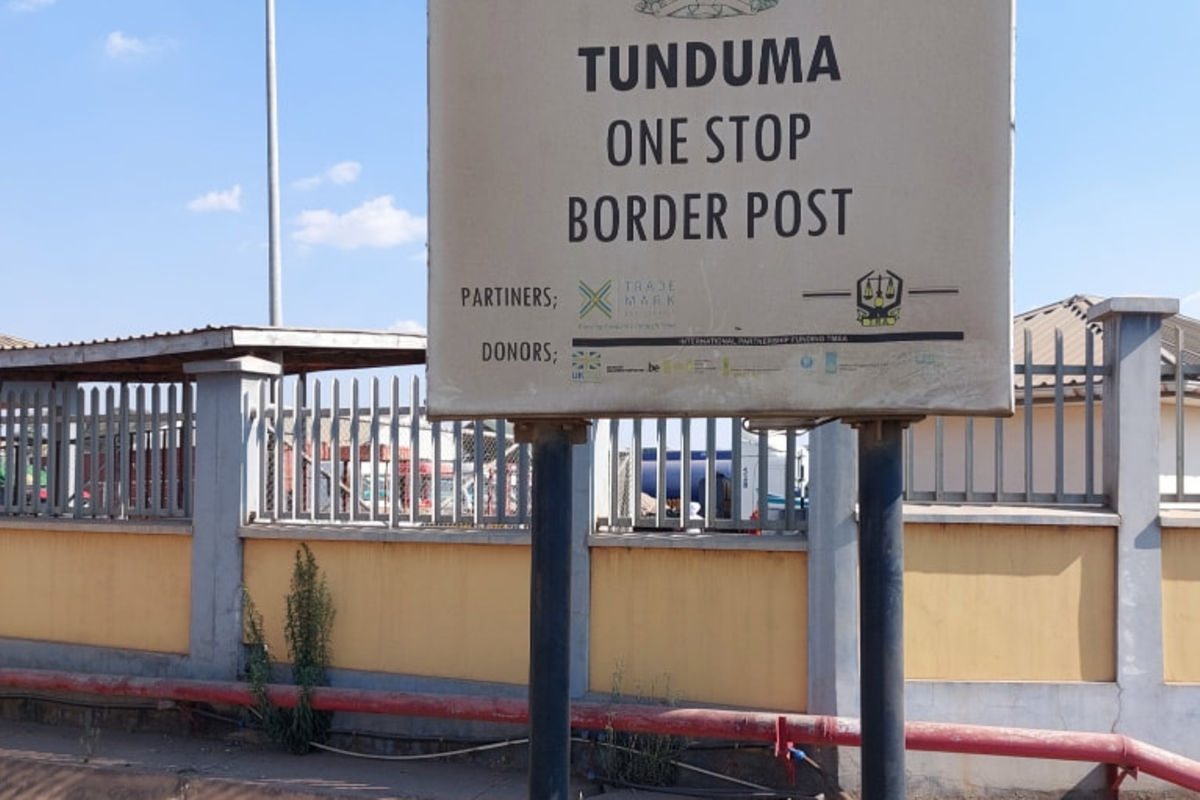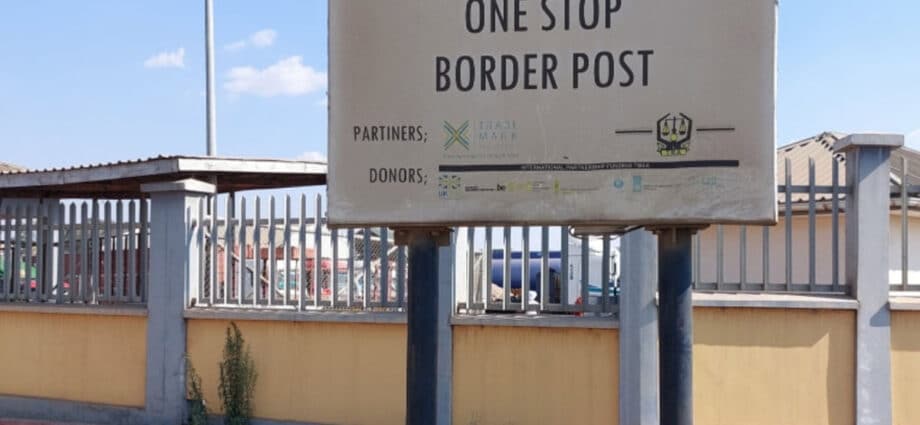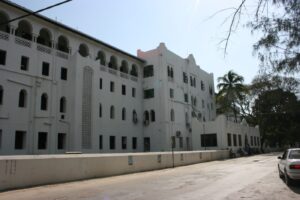
Dar es Salaam. Tanzania’s cross-border trade is flourishing, with exports exceeding imports, according to the Bank of Tanzania (BoT).
However, challenges remain, particularly at border crossings like Tunduma, where congestion hampers trade efficiency.
To maintain this progress, the Tanzania Truck Owners Association (Tatoa) has urged measures to alleviate traffic congestion at border points, especially in Tunduma, to improve the flow of goods to neighbouring nations.
The BoT report for the 2023/24 financial year highlights a 13.96 percent increase in exports from 2020/21 to 2023/24.
The central bank’s report indicates that goods worth Sh9.25 trillion were exported in 2020/2021, up to Sh10.54 trillion valued shipped in 2023/2024.
However, export growth has been relatively slow compared to imports, which saw an increase of over 80 percent during the same period.
The document shows that the value of imported goods grew from Sh3.23 trillion in 2020/2021 to Sh6.06 trillion in 2023/2024.
Tatoa vice chairman Rahim Dossa noted that transporters, especially those serving Zambia and the Democratic Republic of Congo (DRC), have seen business growth, blaming significant delays at border points like Tunduma.
He explained that trucks can wait seven to ten days at the border due to congestion, with cargo transported in stages, further slowing the process.
“Currently, lorries cross in phases—one day for those carrying containers, the following for tankers. This delays the transport cycle,” said Mr Dossa, urging the government to focus more on stamping out the challenges.
He praised the Tanzanian government’s efforts but emphasised that issues persist on the other side of the border.
Transport Minister Prof Makame Mbarawa acknowledged improvements on the Tanzanian side and mentioned that collaboration with neighbouring countries is underway.
However, he pointed out that border procedures, including scanner utilisation, are still ineffective.
“We used to wait for two to three weeks, but now we are working with our counterparts to resolve these issues,” said Prof Mbarawa.
He proposed that restoring the Zambia-Tanzania train service could help ease congestion at the Tunduma border.
“If the Tazara Railway runs efficiently, it could transport five million tonnes of cargo, easing border delays,” he explained.
Prof Mbarawa added that efforts to restore the railway are in progress, with support from both the Tanzanian and Chinese governments.
A $1 billion (over Sh2.5 trillion) project is underway to rehabilitate the nearly 50-year-old Tazara Railway, which connects Dar es Salaam to Kapiri Mposhi in Zambia.
This includes a partnership with private company Bravo, which plans to introduce two cargo trains, each with 20 waggons carrying 50 tonnes.
The Tazara Railway, inaugurated in 1976, was initially designed to transport five million tonnes of cargo annually, but it currently handles less than one million tonnes per year.
Economic outlook
A senior lecturer at the Open University of Tanzania, Dr Yohana Lawi, suggested that Tanzania’s businesses could grow further by increasing local production and service delivery to boost exports.
“A favourable trade balance is crucial, and while progress is being made, we should focus on sectors with greater potential,” he said.
Dr Lawi emphasised agriculture, particularly vegetables and fruits, as a key area where Tanzania could boost exports, especially to European markets.
“Kenya is benefiting from exporting our agricultural products. We need to develop these sectors to capture more value,” he noted.
He also noted that the livestock sector holds potential, pointing out that Tanzania’s vast livestock population lacks meat and leather processing industries, restricting export opportunities.
He also pointed to petroleum products as a major import cost, recommending a shift to natural gas to reduce dependency.
“If we use more gas, we can cut costs and create local jobs. Reducing taxes on vehicles that use gas systems could further promote economic growth,” added Dr Lawi.
He concluded that increasing the use of natural gas could help reduce reliance on imported petroleum, aligning with global efforts to adopt cleaner energy sources.














